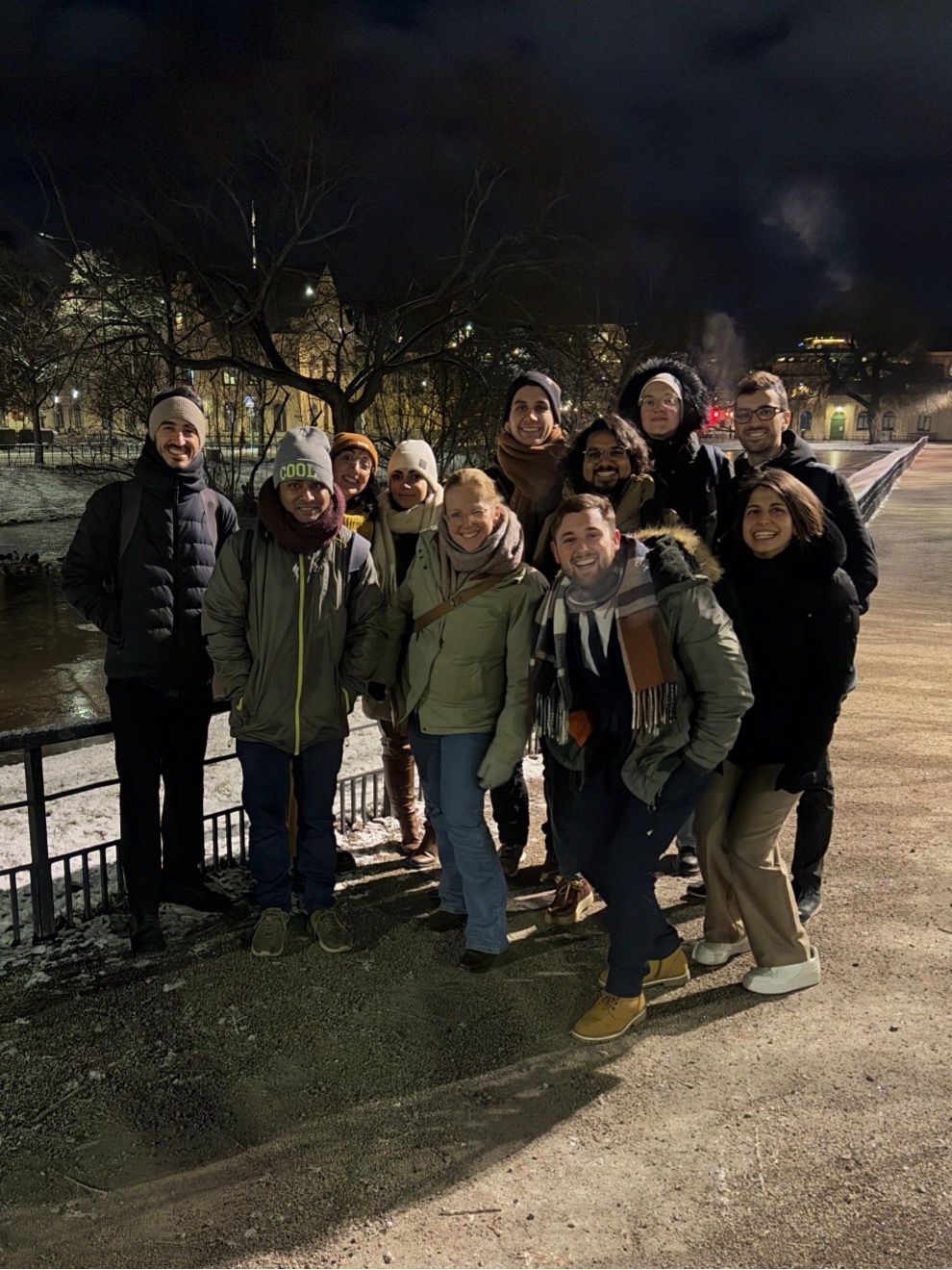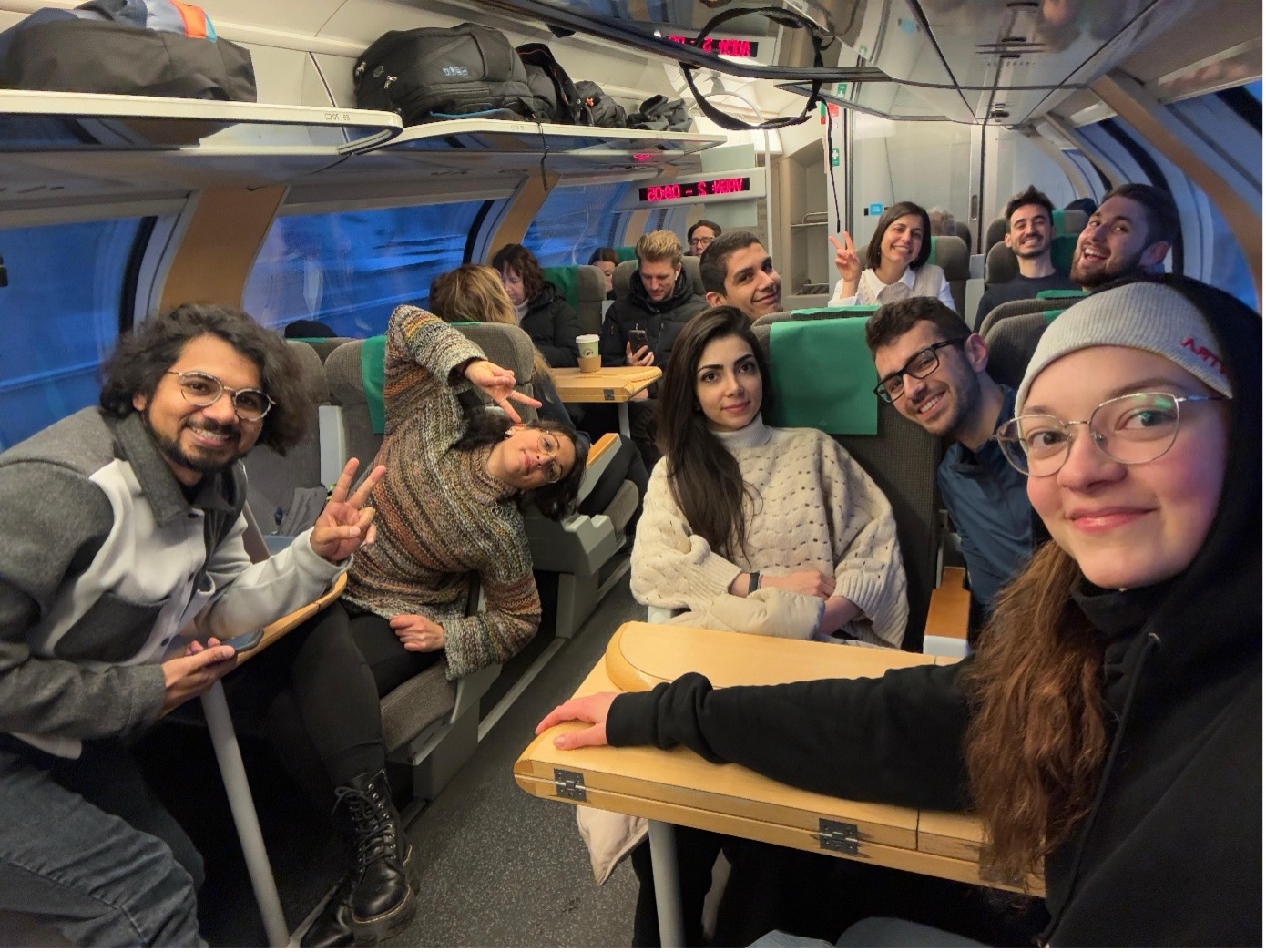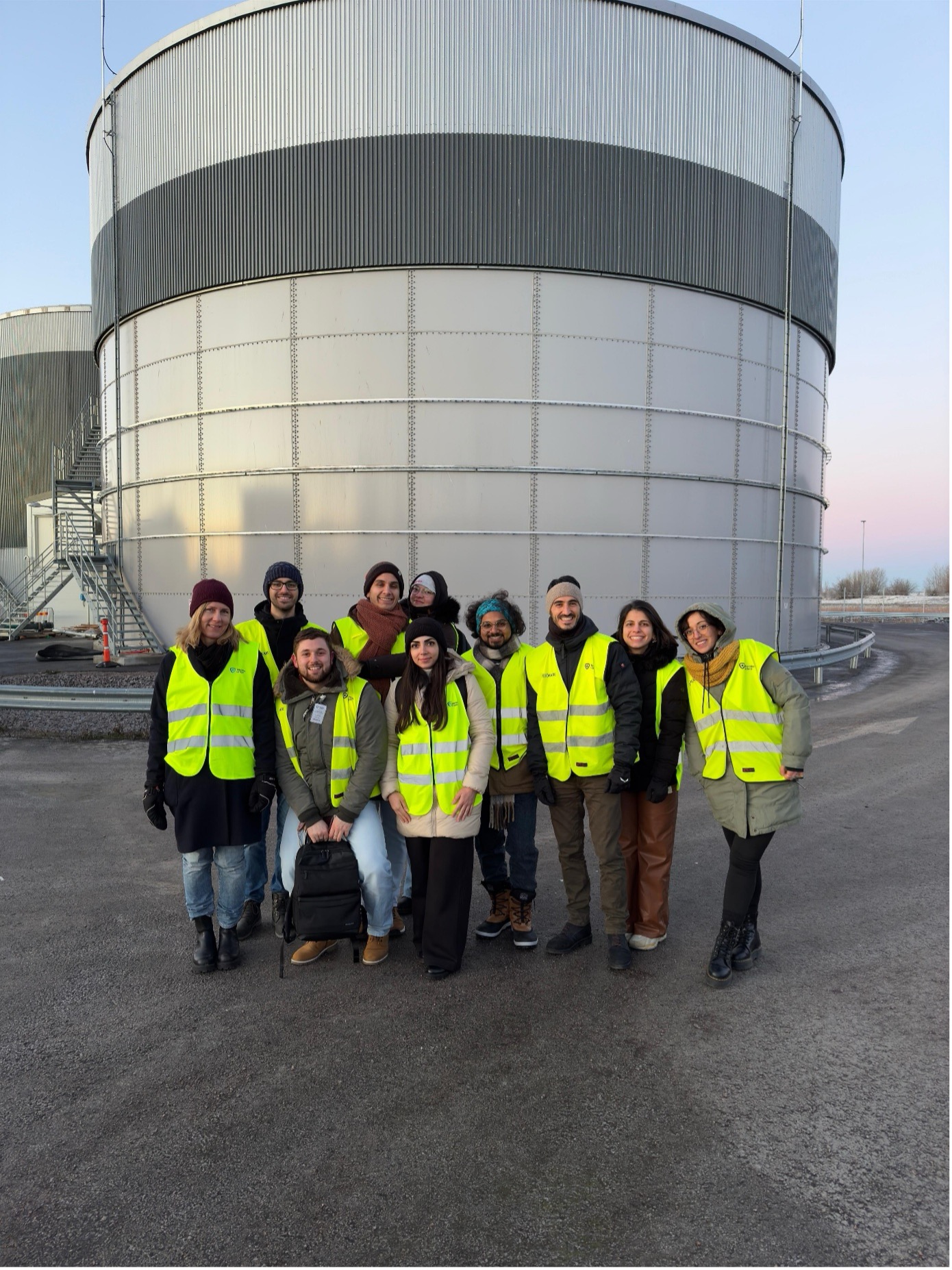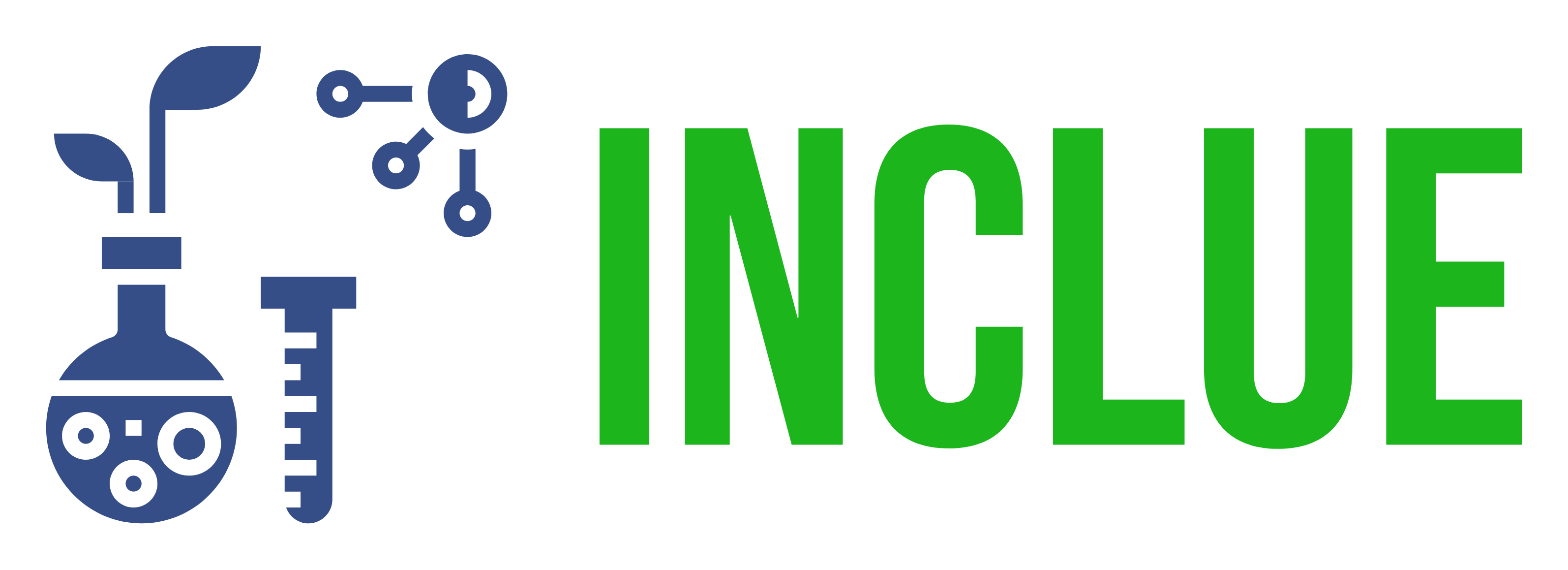INCLUE’s second network-wide event took place in Uppsala, Sweden, between 2 and 5 December 2024. Though the sun barely made an appearance during the short winter days, the event was filled with bright discussions, collaborative learning, and new connections. This time, the event was hosted by the Department of Molecular Sciences at the Swedish University of Agricultural Sciences (SLU). Another training week that brought the doctoral candidates, supervisors and partners of the Horizon Europe MSCA DN INCLUE project even closer to each other, thanks to the Swedish Fika. This event offered four full days of technical sessions, workshops, lab visits and working packages meetings – all to foster knowledge development and sharing.

We opened the week with an engaging session focused on practical and theoretical aspects of anaerobic cultivation, including medium preparation, isolation, characterisation, and enrichment strategies. The afternoon shifted to bioinformatics, starting with an overview from SLUBI (SLU Bioinformatics Infrastructure), followed by two inspiring research presentations:
- 🔬 George Cheng on “Hunting for acetogens involved in AD of the biogas system”
- 🧬 He Sun on “Bioinformatics Insights into Antibiotic Resistance Genes in Anaerobic Digestion”

Despite the cold and darkness, on the second day, the visit to Linköping was packed with insights. We started with a presentation from Tekniska Verken (TvAB), diving into Sweden’s biogas production and liquefied biogas (LBG) systems. After lunch at the SAAB Arena (where Linköping Hockey Club practice), we toured two biogas facilities — Nykvarn and Åby — to see large-scale anaerobic digestion and energy recovery in action.

Back in Uppsala, the third day held another consortium meeting and had the pleasure of welcoming our EU Project Officer, to whom the PhD candidates had the pleasure to present, following a warm and open discussion about the rights, responsibilities, and support available to MSCA PhD candidates. The final day featured a session led by Lutz Ahrens on PFAS treatment technologies and importance, followed by a visit to the Environmental Organic Chemistry Lab.
“Between lab tours, lectures and workshops, we learned about fika, embraced Swedish winter traditions, and found comfort in shared conversations and experiences. The darkness didn’t stop us — instead, it set the scene for a cosy, collaborative, and truly Nordic experience.”
Throughout the week, the NWE2 event served as a valuable platform for team building and collaboration development, reinforcing INCLUE’s mission to advance integrated solutions for safe and sustainable sludge reuse in Europe.

